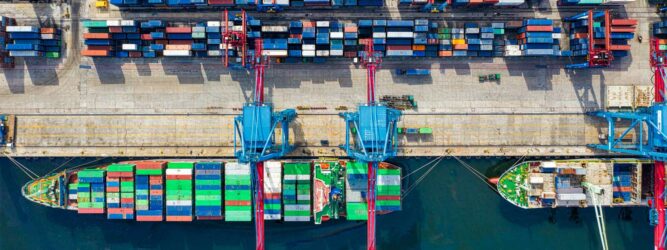Archive, Article
IoT in Ports: Six Key Security and Governance Challenges for the UK
In January 2019, the UK Government published its Maritime 2050: Navigating the Future strategy. In the strategy, the government highlighted the importance of digitalisation (with well-designed regulatory support) to achieving its goal of ensuring that the UK plays a global leadership role in the maritime sector.
In January 2019, the UK Government published its Maritime 2050: Navigating the Future strategy. In the strategy, the government highlighted the importance of digitalisation (with well-designed regulatory support) to achieving its goal of ensuring that the UK plays a global leadership role in the maritime sector.
PETRAS Researchers have released a briefing document, led by Dr. Feja Lesniewska (PETRAS UCL Researcher) that has identified six IoT related security and governance challenges for UK ports.
Ports, the gateways for 95% of UK trade movements, were identified as key sites for investment in technological innovation. The government identified the potential of the Internet of Things (IoT), in conjunction with other information-sharing technologies, such as shared data platforms, and Artificial Intelligence applications (AI), to synchronise processes within the port ecosystem leading to improved efficiency, safety and environmental benefits, including improved air quality and lower greenhouse gas emissions.
The six key challenges identified in the briefing document are:
1. Adaptive Risk Management
2. Interoperability of IoT and Legacy Systems
3. Security Management Accountability
4. Due Diligence and Capacity
5. Alignment and Review
6. The Business Case
You can download the full briefing document here.
If you would to contact the Centre regarding this briefing document, please email Dr Feja Lesniewska at f.lesniewska@ucl.ac.uk.

